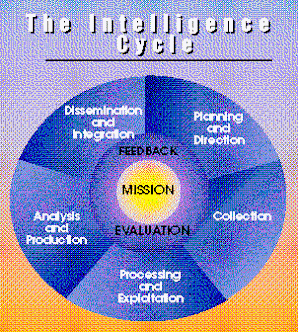Merchant sailors fight back: Pirate killed off Somalia
A pirate was killed and several others were detained after a security team thwarted an attack in waters off Somalia. The incident happened Tuesday as a Panamanian-flagged cargo ship, the MV Almezaan, was headed to Mogadishu, said the European Union Naval Force. A private security team that was on board the ship returned fire when pirates tried to attack the vessel. The security team was able to repel two attack attempts.
The EU naval force was called in, boarded the three pirate ships and detained six suspects. They also found one pirate who had died of a gunshot wound, the naval force said. No further details were immediately available about his death. The waters off the Somali coast -- the Gulf of Aden and the Indian Ocean -- have been plagued by Somali pirates. The international community has adopted measures such as escorts and monitoring to crack down on piracy. Two cargo ships were seized in the area on Tuesday.




